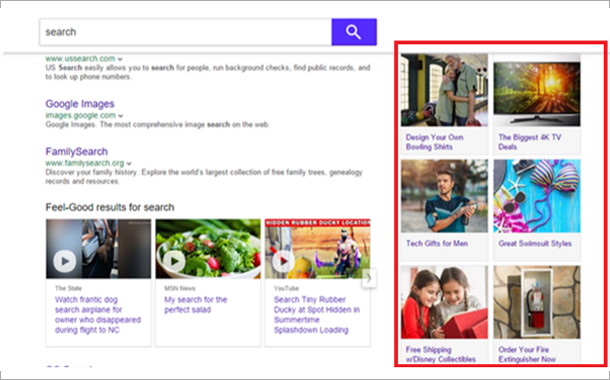Kaspersky researchers have analyzed what risks innocent-looking browser extensions pose to users and the activities of cybercriminals hiding threats under add-ons. In the first half of 2022, more than 10,000 users were affected by threats, hiding in browser extensions, at least once, which is over 36.5% of the number of users affected by the same threat throughout the whole of 2021 – with still another half of the year to go. Mimicking popular apps, such as Google Translator or extensions with useful functionality like PDF Converter or Video Downloader, threats in browser extensions can insert advertisements, collect data about users’ browsing histories and even search for login credentials, making it one of the most desirable tools for cybercriminals.
Since the beginning of 2020, Kaspersky products have prevented approximately 6 million users from downloading threats disguised as browser extensions. The most prominent threat spread under the guise of browser extensions has been adware – unwanted software designed to throw advertisements up on the screen. Such advertisements are usually based on the browsing history to catch users’ interest, embed banners in web pages or to redirect them to affiliate pages that the developers can earn money from, instead of legitimate search engine ads. From January 2020 to June 2022, Kaspersky experts observed more than 26,000 unique users faced adware hiding in browser extensions, which means approximately 81% of all affected users have encountered this threat.

Malicious and unwanted add-ons have also been found to be distributed through official marketplaces. In 2020, Google removed 106 malicious browser extensions from its Chrome Web Store. All of them were being used to siphon sensitive user data, such as cookies and passwords, and even take screenshots. In total, these malicious extensions were downloaded 32 million times, putting the data of millions of users at risk.
However, this does not happen often, the main way malicious add-ons are distributed is through third-party resources. One of the threat families analyzed by Kaspersky researchers in the report, dubbed FB Stealer, was spread solely through untrustworthy sites. FB Stealer is one of the most dangerous threat families because, in addition to the traditional search engine replacement and affiliate pages redirection, FB Stealer is able to steal user credentials from Facebook.
When users tried to download a cracked software installer from third-party resources, such as SolarWinds Broadband Engineers Keymaker, they actually received a dangerous NullMixer Trojan. Then NullMixer self-installed FB Stealer on the device, which looked less suspicious to the user because it mimicked the harmless and standard-looking Chrome extension “Google Translate.”

After launching FB Stealer, NullMixer Trojan could extract Facebook session cookies – secrets stored in the browser holding identification data which allows users to stay logged in – and send them to the attackers’ servers. Using these cookies, they are able to quickly log into the victim’s Facebook account. Once in the account, attackers ask the victim’s friends for money, trying to take as much as possible before the user regains access to the account. In the end, after downloading a hacked installer from an unknown resource, users receive a threat they did not expect and many of their friends lose their money.
“Even browser extensions that do not carry a malicious payload can be dangerous. For example, when the developers of these add-ons sell gathered user data to other companies, potentially exposing their data to someone who was not supposed to see it. Users may wonder whether it is worth downloading browser extensions at all when they can carry so many threats. I am an active user of browser extensions myself and believe that add-ons improve the online experience. Some extensions can even make devices a lot safer, for example, password managers. It is much more important to keep an eye on how reputable and trustworthy the developer is and what permissions the extension asks for. If you follow the recommendations for safe use of browser extensions, the risks of encountering any threats will be minimal,” comments Anton V. Ivanov, senior security researcher.
























